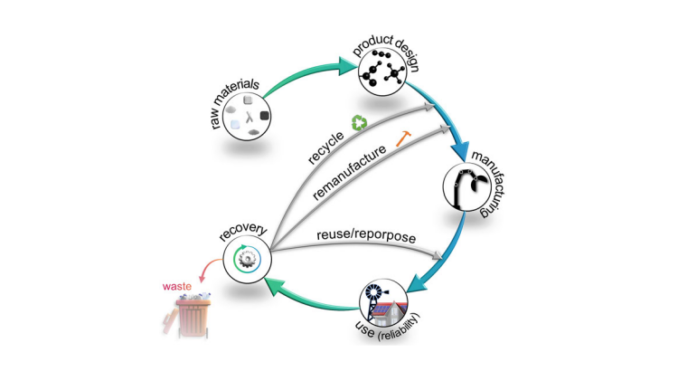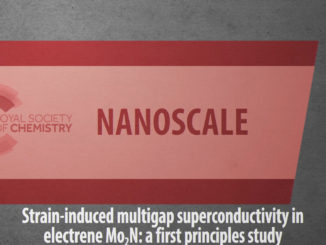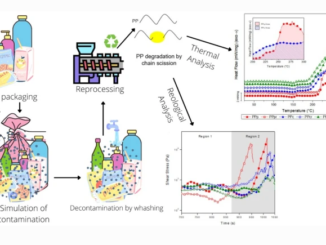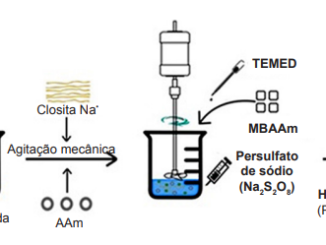
Sustainability in Solar Cells
Abstract: Sustainability means “development that meets the needs of the present without compromising the ability of future generations to meet their own needs.” Solar energy is a widely accepted definition of sustainability because energy from the sun can be used indefinitely without decreasing its future availability. Although solar energy itself is sustainable, its use is not entirely free from disadvantages, and some of them are related to its degree of sustainability. For example, solar cells (SCs) are not sustainable because they are built with rare minerals such as selenium, which will eventually run out if solar panel manufacturers continue to extract them at an accelerated rate. However, these disadvantages pale in comparison to the positive potential of solar energy as a sustainable energy source. It is expected that solar energy will become more economical than non-renewable energy sources, which, by nature, become more expensive as their availability decreases. Even with the broad scope of the theme, it is essential to review the strategies currently studied since it encompasses questions about cheaper and more sustainable alternatives for the manufacture of SCs that meet environmental requirements. In this chapter, we also discuss issues to reduce the negative environmental impact, such as encapsulation and recycling to expand SCs materials’ life.
Author(s): Silva, E. P.; Fragal, E. H.; Lima, A. M. O.; Rechotnek, F.; Maurício, M. R.; Cottet, L.; Sequinel, T.; Silva, R.; Muniz, E. C.; Biasotto, G.; Gorup, L. F. ; Fragal, V. H.
Handbook of Energy Materials. Springer, Singapore
Published: 29 December 2022
DOI: https://doi.org/10.1007/978-981-16-4480-1_33-1
CDMF
The CDMF, hosted at the Federal University of São Carlos (UFSCar), is one of the Research, Innovation and Dissemination Centers (RIDC) supported by the São Paulo State Research Support Foundation (Fapesp), and also receives investment from the National Council Scientific and Technological Development (CNPq), from the National Institute of Science and Technology of Materials in Nanotechnology (INCTMN).




